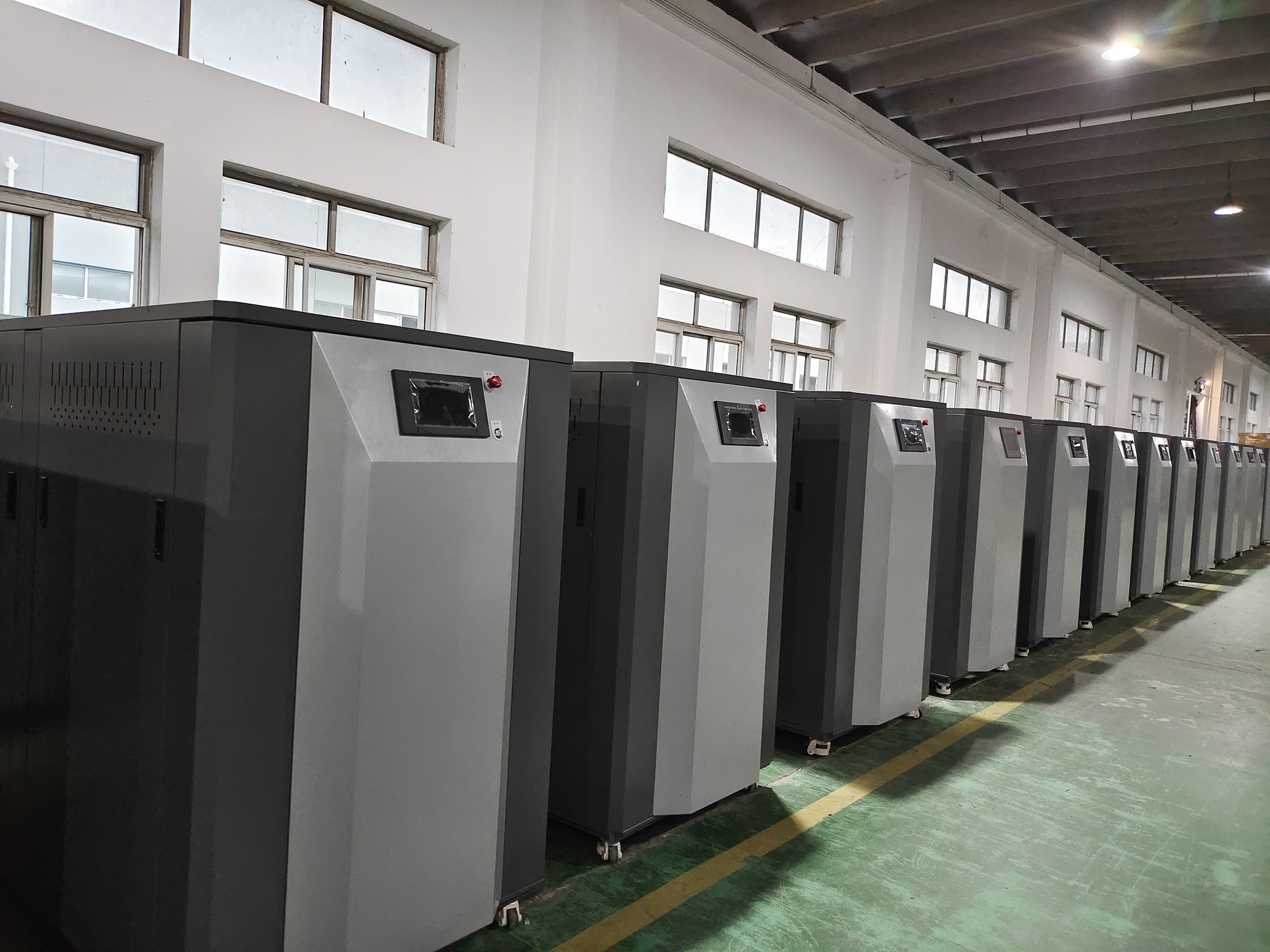Januari . 01, 2025 16:00 Back to list
Efficient Outdoor Heat Exchanger Systems for Sustainable Energy Solutions
The Role and Importance of Outdoor Heat Exchangers
In an era where energy efficiency and sustainability are at the forefront of technological advancements, outdoor heat exchangers have emerged as vital components in various heating, ventilation, and air conditioning (HVAC) systems. These devices play a crucial role in facilitating efficient energy transfer between two or more fluids, making them indispensable in both residential and commercial applications.
Understanding the Basics
An outdoor heat exchanger operates on the principle of thermodynamics, where heat is transferred from one medium to another. In typical applications, one fluid absorbs heat from the environment while the other fluid loses heat, thereby achieving the desired temperature regulation. These systems can be found in air conditioning units, heat pumps, and refrigeration systems, where they are essential for maintaining optimal operating conditions.
Outdoor heat exchangers come in various forms, including air-to-air, air-to-water, and water-to-water configurations. The choice of type depends on the specific application and desired efficiency. For instance, air-to-air heat exchangers are common in air conditioning systems, where warm outdoor air is cooled before entering the indoor environment.
Enhanced Energy Efficiency
One of the primary benefits of outdoor heat exchangers is their ability to enhance energy efficiency. By utilizing ambient air or ground heat, these systems can significantly reduce the energy consumption of HVAC systems. For instance, in temperate climates, a heat pump equipped with an outdoor heat exchanger can draw energy from the air during winter months and reject heat during summer, thus providing heating and cooling without excessive energy use.
Moreover, outdoor heat exchangers can help in reducing utility bills. By implementing these systems, homeowners and businesses can leverage natural energy sources, leading to lower reliance on fossil fuels. This shift not only cuts costs but also contributes to a reduction in greenhouse gas emissions, aligning with global sustainability goals.
outdoor heat exchanger

Versatility Across Industries
Outdoor heat exchangers are not limited to residential applications; they are equally important across various industries, including food processing, pharmaceuticals, and textiles. For instance, in the food industry, temperature control is critical for preserving product quality. A well-designed outdoor heat exchanger can help in maintaining the required temperatures without the need for additional heating or cooling, ensuring the safety and longevity of perishable goods.
In the pharmaceutical sector, precise temperature management is vital for manufacturing processes and storage solutions. Outdoor heat exchangers can facilitate the necessary conditions, ensuring compliance with regulations and maintaining product efficacy.
Maintenance and Longevity
While outdoor heat exchangers offer numerous benefits, proper maintenance is crucial to ensure their longevity and efficiency. Regular inspections are necessary to check for debris or blockages that could impede airflow and reduce heat transfer efficiency. Cleaning the coils and ensuring that the system is free from obstructions can help maintain optimal performance.
In addition, advancements in technology have led to the development of materials that are more resistant to corrosion and environmental damage, enhancing the durability and lifespan of heat exchangers. Innovations like advanced coatings and smart monitoring systems can provide real-time data on performance, allowing for proactive maintenance and reducing downtime.
Conclusion
In conclusion, outdoor heat exchangers are essential components of modern HVAC systems that significantly enhance energy efficiency, support environmental sustainability, and provide versatile applications across various industries. Their ability to utilize natural heat sources while reducing reliance on conventional energy forms makes them a key player in the ongoing quest for energy-efficient solutions. As awareness of climate change and energy consumption grows, the role of outdoor heat exchangers will only become more prominent, driving innovations that ensure a greener future for generations to come.
-
OEM Cast Silicon Aluminum Alloy Heat Exchanger | Custom & High Performance
NewsAug.25,2025
-
Centrifugally Cast Iron Water Main Pipe | Ductile Iron Solutions
NewsAug.24,2025
-
Durable Cast Steel Concrete Pipe Mold Bottom Rings & Base Trays
NewsAug.23,2025
-
Centrifugally Cast Iron Water Main Pipe for Reliable Mains
NewsAug.22,2025
-
Durable Centrifugally Cast Iron Water Main Pipe
NewsAug.11,2025
-
Centrifugally Cast Iron Water Main Pipes for Reliability
NewsAug.10,2025


